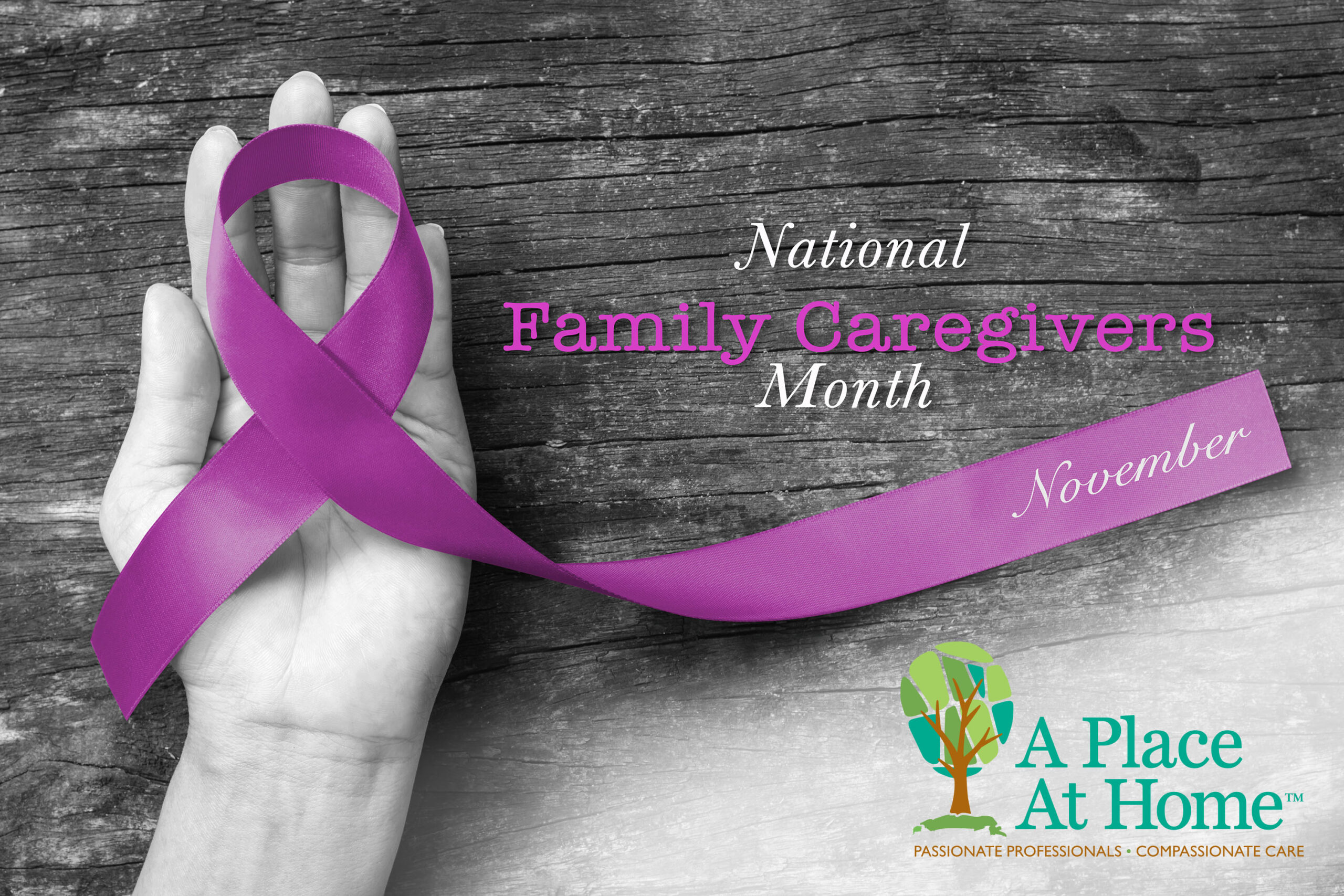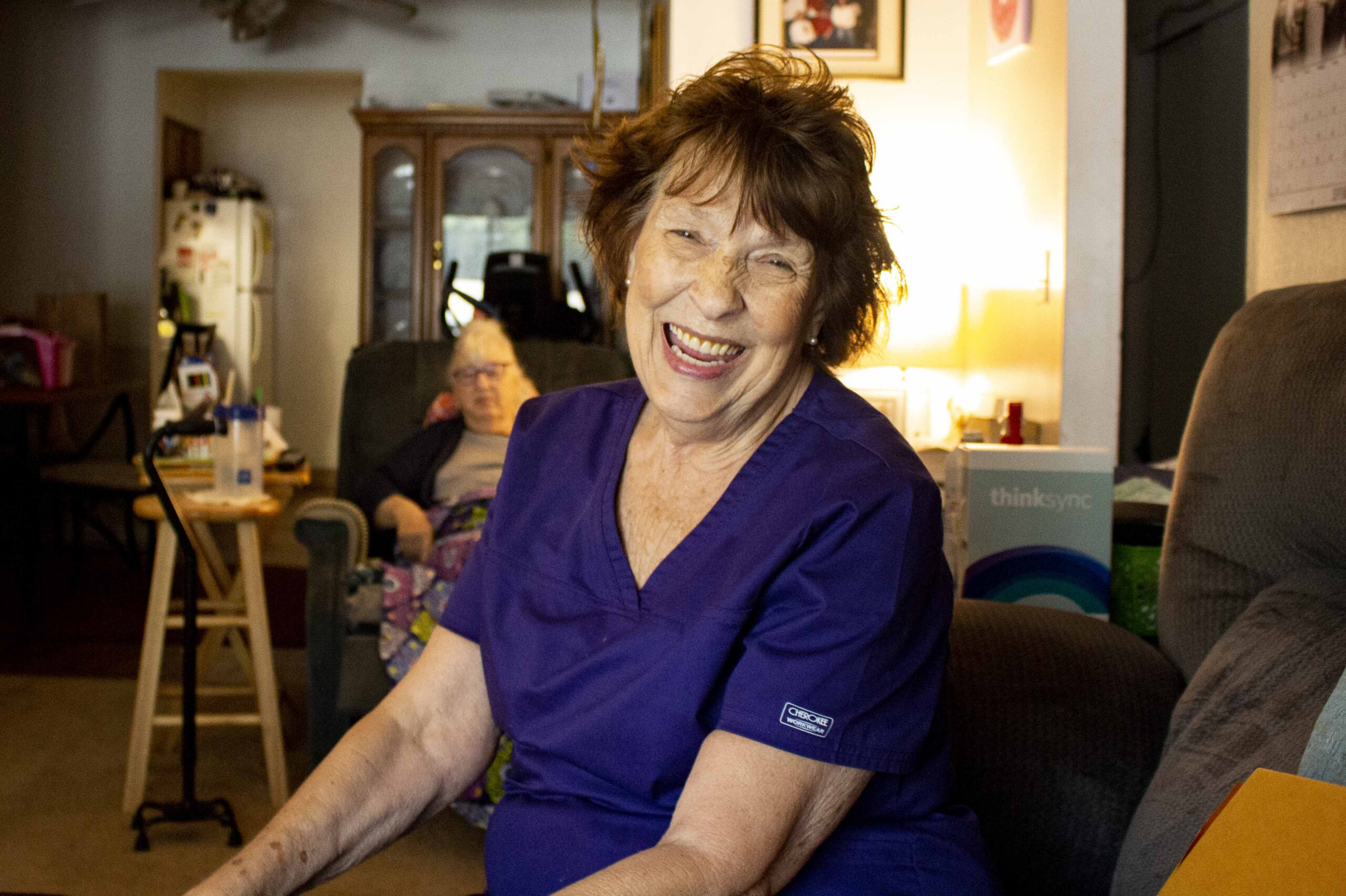Diabetes is a great health concern in America which is why November is National Diabetes Month, a time to bring attention to the disease. According to the Center for Disease Control, over 30 million Americans suffer from diabetes, with 25% of these patients being 65 years or older. Fortunately, seniors living with diabetes can manage the disease. The best approach to combating diabetes is understanding what it is, how to prevent it, and how to treat it.
What is Diabetes?
Diabetes is a condition characterized by high blood glucose levels brought about because the body does not properly process food into energy, and as a result, your blood sugar levels become too high.
The body’s glucose levels are controlled by a hormone called insulin. The pancreas produces insulin. In the case of type 1 diabetes, the pancreas cannot produce enough insulin. Patients suffering from type 1 diabetes are given insulin injections. Approximately 5% of adult diabetes cases are type 1.
Symptoms of Type 1 Diabetes
- Significant loss of weight
- A deep hunger
- Urinating frequently
- Fatigue
- Unusual thirst
In Type 2 diabetes, the pancreas either cannot make enough insulin or cannot effectively use what it produces. Type 2 diabetes occurs among people over the age of 40 years. About 95% of adult diabetes cases are type 2.
Symptoms of Type 2 Diabetes
- Slow-healing wounds
- Depression
- Numbness in your feet or hands
- Blurred vision
- Confusion
- Any Diabetes Type 1 Symptoms
Causes and Complications of Diabetes
Studies have linked diabetes to genetics, lifestyle, and aging. The major risk factors for seniors living with diabetes are being overweight and living a sedentary lifestyle. Diabetes is also inherited. All of these risk factors affect people differently.
If not well managed, diabetes can cause serious health conditions. These complications may include:
- Vision problems
- Thinning arteries
- Heart disease
- Foot complications
- Kidney problems
Another severe consequence attributed to diabetes is hearing loss. The National Institutes of Health states that hearing loss is common among adults suffering from diabetes compared to those without the condition. Research has linked diabetes with the destruction of the blood vessels and nerves in the inner ear.
Physical Activity and Controlling Diabetes
Suffering from diabetes is not a hindrance to one’s physical activity. Walking 20-30 minutes at least three times a week is enough to improve your body’s utilization of glucose. Additionally, exercise improves cholesterol and blood pressure, burns calories, relieves stress, lowers the risk of stroke and heart disease, and increases your flexibility and strength.
Here are some tips you should practice during an exercise session and always consult a doctor before you engage in any tedious exercise program:
- Check your glucose levels. Make sure it does not go beyond 300mg/dL. Check these levels before, during, and after engaging in physical activity
- Eat a snack or fruit, or drink some juice or milk if your glucose levels are under 100mg/d
- Carry snacks when going for exercises
In some cases, exercise and diet are not sufficient to control diabetes. Oral medication may be required to boost your levels of insulin or assist your body’s potential to use insulin. Also, as you grow older, your body synthesizes less insulin. Therefore, regardless of what drugs you consume, your diet, or how much physical activity you engage in, you may still require insulin injections.
Food Tips For Seniors Living With Diabetes
The American Association of Diabetes recommends the following food tips for adults who are above 55 years old:
- Substitute fries with fruits and vegetables
- Start your meals with a salad or broth-based soup
- Stay away from buffets
- Eat light desserts
- Practice the Diabetes Plate Method
- Use dressings and sauces on the side
Summing it up
The American Association of Diabetes vouches for the following tips for seniors with diabetes:
- Eat the right foods at the right rations
- Engage in physical activity
- Monitor your blood glucose levels
- Take any prescription given by your doctor
- Avoid cigarette smoking
- Gather as much information as you can regarding diabetes
We’re Here to Help
For seniors living with diabetes, and their loved ones, A Place At Home provides customized in-home senior care options. Your health depends on you. If you need additional help contact A Place At Home today!










